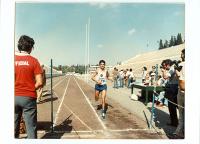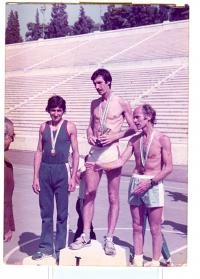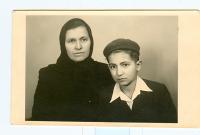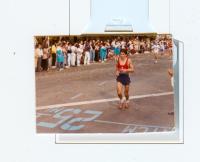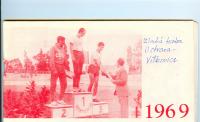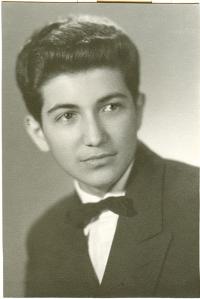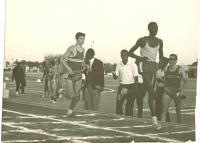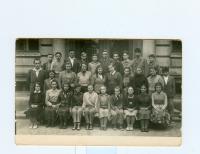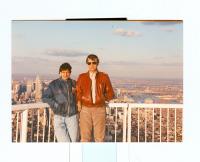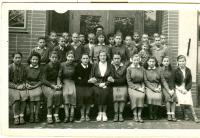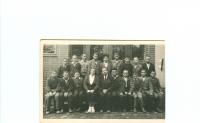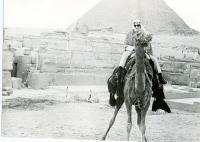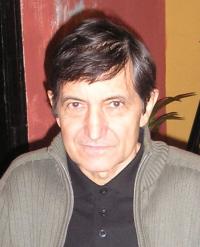When the first opportunity arose, I ran a marathon in Greece, in 1982.
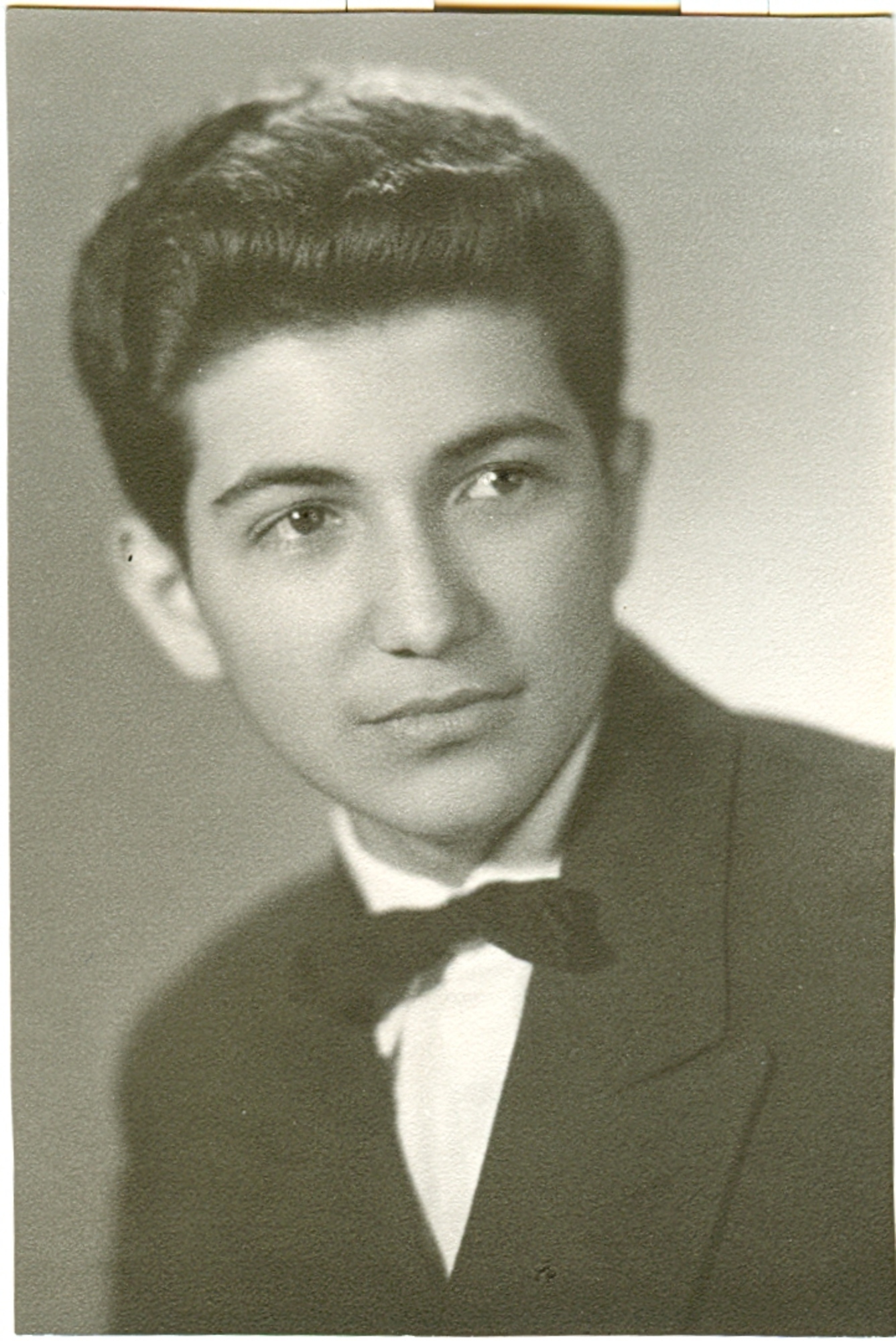
Download image
Ing. Nikolaos Tsametis was born on September 5, 1942 in the village of Trikono in northern Greece. At the time, his parents were earning their living through winegrowing. His father was a partisan who died during the civil war, while his mother was wounded during the war. In 1948 he left via Albania and Yugoslavia for Romania, where he would live in a children’s home in Oradea for six years. Later his mother managed to get to Czechoslovakia, and Mr. Tsametis made it there thanks to the Red Cross when he was twelve years old. He lived in several children’s homes and he studied in a grammar school in České Budějovice. He graduated from the Technical University in Brno, specializing in transport constructions. After completing his studies he found a job in Ostrava. After he was dismissed in 1990, he then worked as a translator for a Greek business man and then later in the Mining Construction Company. Mr. Tsametis is an active athlete, having practiced boxing when he was young, and later running, especially long-distance. He took part in many marathon runs in Europe and the USA and he is the holder of many veteran records.
